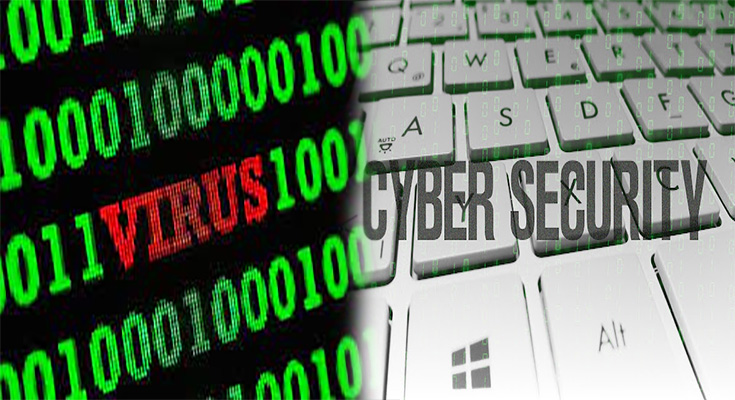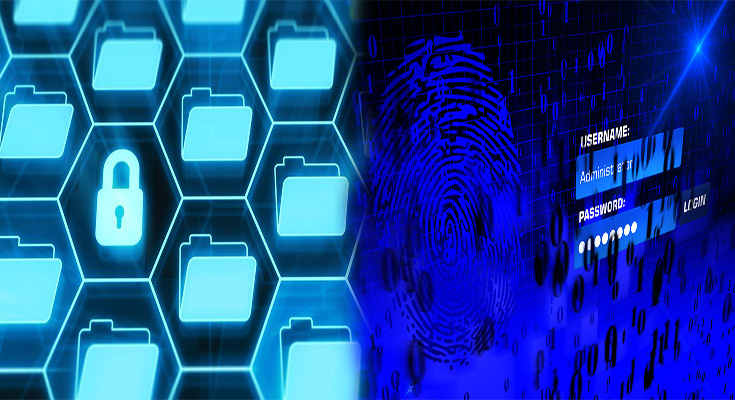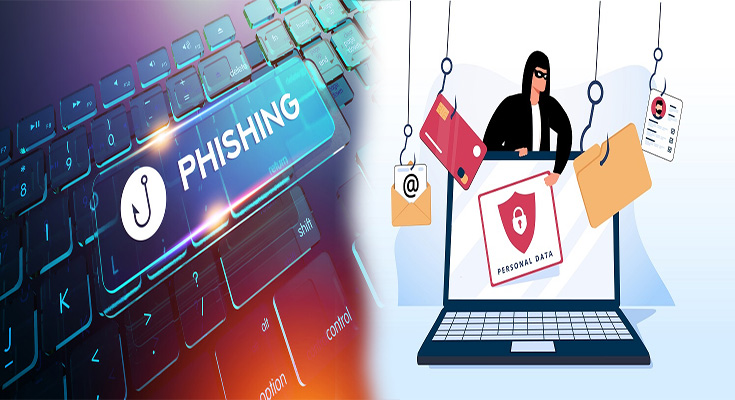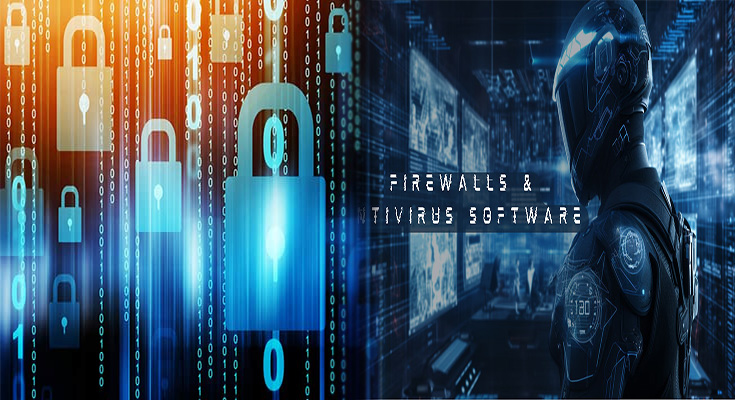
The Importance of Scientific Literacy for Informed Decision-Making in a Rapidly Evolving Society
In today’s fast-paced and ever-changing world, being scientifically literate is more important than ever. Scientific literacy refers to the understanding of scientific concepts and processes, as well as the ability to use this knowledge to make informed decisions. In a rapidly evolving society where new technologies, innovations, and challenges emerge constantly, having a strong foundation in scientific literacy is crucial for navigating and thriving in the modern world.
One of the key benefits of scientific literacy is its role in promoting informed decision-making. In order to address complex issues such as climate change, public health crises, or technological advancements, individuals need to have a solid understanding of scientific principles. This knowledge empowers people to critically evaluate information, distinguish between credible sources and misinformation, and make decisions based on evidence rather than on emotions or opinions.
Furthermore, scientific literacy helps individuals become better citizens by enabling them to participate in discussions …
The Importance of Scientific Literacy for Informed Decision-Making in a Rapidly Evolving Society Read More



